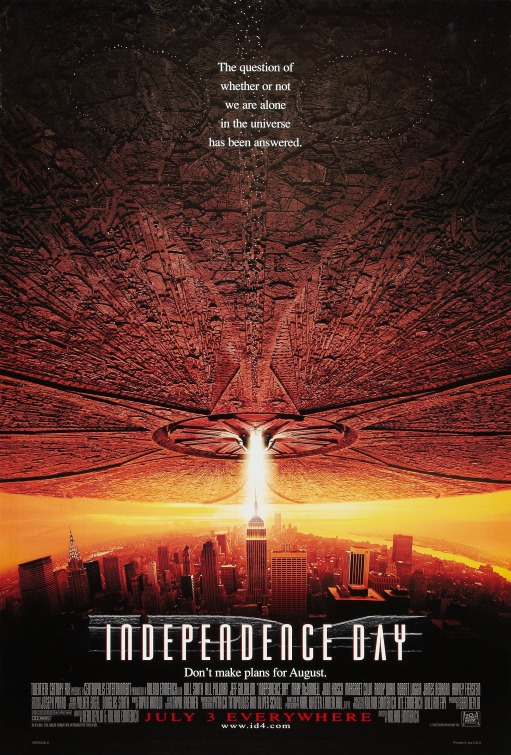Spoony said:
Why don't you review, it Kev?
(I love Lynch's films)
i did review it. that's what is in the link (i review films on the side).
here's a copy and paste:
INLAND EMPIRE
Crazy people don’t know they’re crazy. That’s what makes them crazy. I don’t know if David Lynch is crazy, crazy being a nebulous, changing concept, not to mention a term out of favor among the mental health profession. David Lynch is weird, though, and he makes weird films.
But does David Lynch know he's weird?
That's really what it boils down to, doesn't it, for the director who seems to attract such spirited praise and vitriol? A critical darling and a critical punching bag, there’s that nagging question of whether the man is genuinely strange and just trying his damnedest. Or can he perhaps be both – singularly bizarre and aware of it at the same time?
By my measure, Lynch has made two genuine masterpieces (The Elephant Man and Blue Velvet), a great film (the perpetually misunderstood Twin Peaks: Fire Walk With Me), two good films (Mulholland Drive and Lost Highway), two overrated curiosities (The Straight Story and Eraserhead), an interesting failure (Dune), and one complete abortion (Wild at Heart). His latest picture, Inland Empire, is a three-hour plus experimental feature/endurance test staring Laura Dern in multiple roles, the most prominent one being an actress in a Tennessee Williams-esque film within a film. There is also some stuff with rabbits and Poland.
Lynch's best work is delightfully free of the sickness of modern filmmaking, this sickness being irony. So much of contemporary cinema makes itself the subject. We watch the camera, not the man - it's tiresome and, I would argue, unhealthy for a culture to be so detached from our own visceral reactions. David Lynch has never been an ironic filmmaker, even when it would appear that he is (his repeated use of Americana and classic pop songs are quite sincere, almost painfully so). That is, he has never been ironic until lately.
In both Mulholland Drive and Inland Empire, the act of filmmaking and film production figures prominently into the plot. Lynch films have always been insular and navel-gazing (the filmic equivalent of Jackson Pollack's adage "I am nature"), but not really in this quasi-superficial manner. The director has been openly critical of the studio system ever since ABC/Disney's bungled handling of Mulholland Drive (indeed, his last four pictures have been financed via French production companies) and his latest films (particularly Inland Empire) are overly consumed with the airing of so much dirty laundry and the satiric rendering of various Hollywood stereotypes. It can be amusing, but honestly, you wish Lynch just got on with it.
Lynch's most satisfying period saw him casting the charming space alien Kyle MacLachlan in lead roles (Blue Velvet, Dune, Twin Peaks). Elegantly coiffed like his director, the duck-walking, cherry pie-eating, Heineken-loving MacLachlan always made for a bizarre protagonist. One imagines Lynch saw much of himself in his on-screen doppelganger; that the characters played by MacLachlan were avatars for Lynch himself. In his last two pictures, however, Lynch has found a new doppelganger - the traditionally handsome Justin Theroux (probably best known for baring his sculpted abdominal muscles in Charlie's Angels 2).
Cast as a film director (naturally) in Mulholland Drive and a film actor in Inland Empire, Theroux is notable for two reasons. First, he plays the most "normal" characters probably of any Lynch films (including even The Straight Story, Lynch's most ostensibly "normal" picture) and definitely the two he appears in. Secondly, Theroux is never completely present in either film in the truest sense, instead rather wading through events with a detached - it pains me to say it - irony. When faced with a traditionally Lynchian (ie: surrealist) figure/conundrum, he responds as we all might should such circumstances arise in our own lives: general confusion and disbelief (take his raised eyebrow of a reaction to the Cowboy - a Lynchian character if there ever was one - in Mulholland Drive as exhibit A). Nightmares are powerful when we don’t know we are having them. Inland Empire is a nightmare as Mulholland Drive is a nightmare, except Justin Theroux knows he is having it and very well might wake at any moment.
There is a self-awareness to the geek show born out in other places as well. Character eccentricities are made even further queer with fish-eye close-ups, repeated shock edits, and ear-shattered sound effects. It's less nightmare so much Nightmare on Elm Street, really, a constant reminder of Inland Empire's obvious movieness. It brings us back to the question: does David Lynch know he's weird? He certainly recognizes that his existential oddness has become a brand (Lynch currently hawks his own coffee and ringtones on his website) - in the eyes of many, it's sure to undermine the view of him as the intransigent artist unmoved by commercial pressures (see also The Devil and Daniel Johnston). When you come to this kind of realization about your consumer market niche, it really is a slippery slope on the way to full blown ironic self-consciousness. Yes, Justin Theroux knows he is in a David Lynch film, but David Lynch knows he is directing one.
Interesting footnote: David Lynch was present for a Q&A following the Inland Empire screening I was present at, during which he remarked that he would "never in a million years" return to shooting on film.








